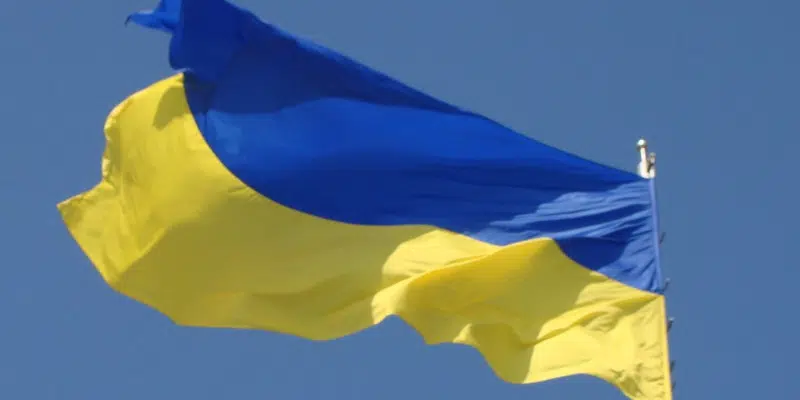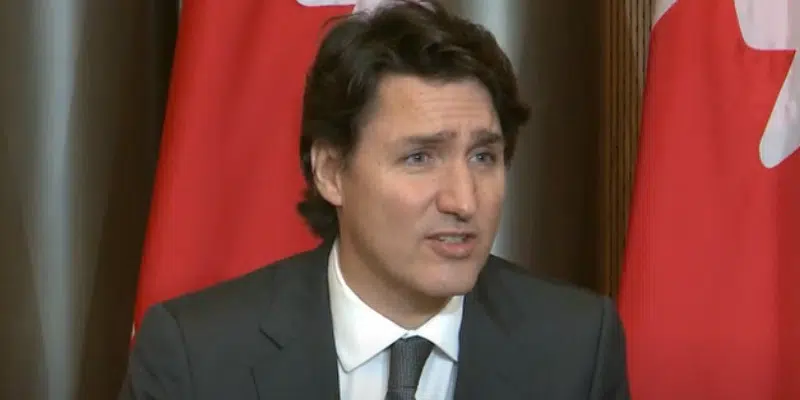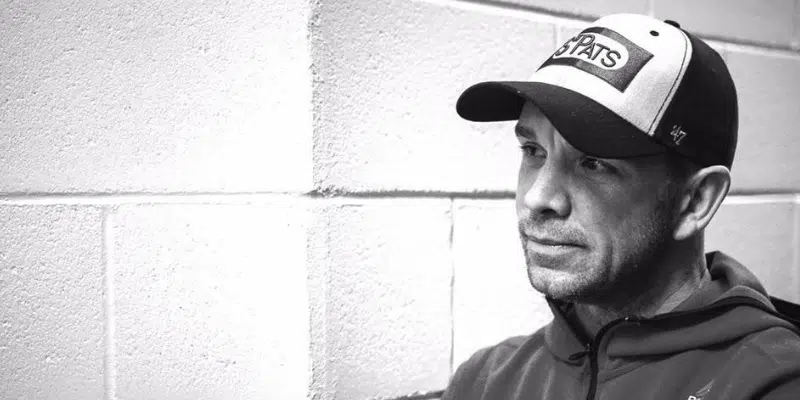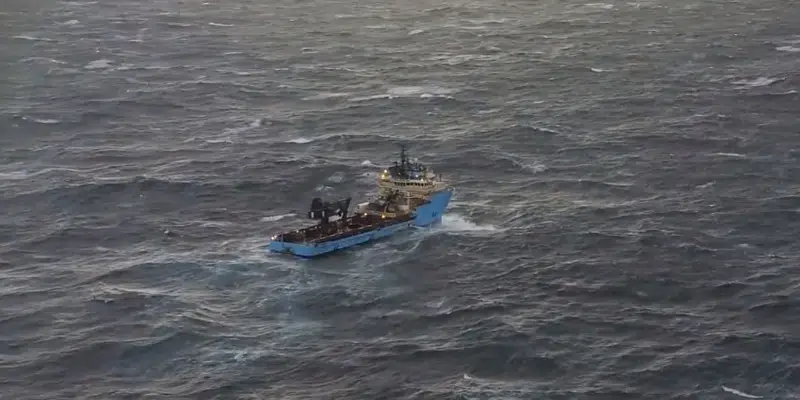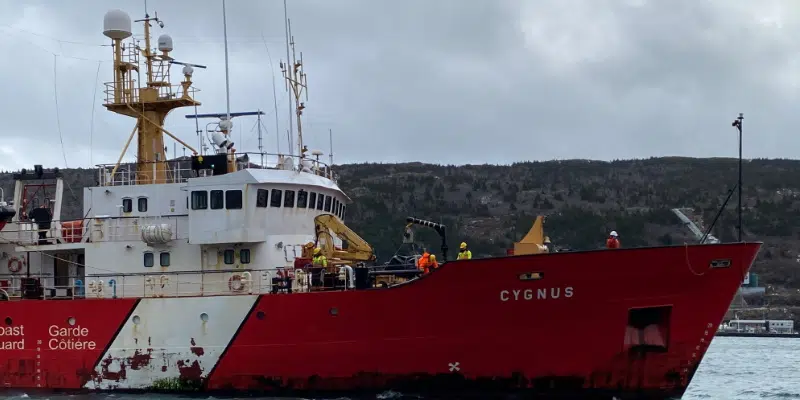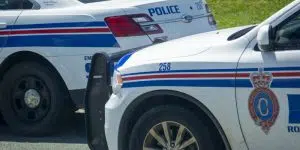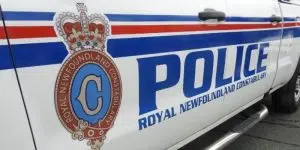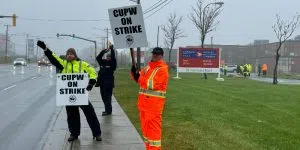With the end in sight for one global emergency, a new one began.
Public Health began loosening restrictions in February, moving down Alert Levels and setting a target date of March 14 for the end of the COVID-19 Public Health Emergency.
And while that brought a sense of optimism to many at home, all eyes looked beyond the borders of Newfoundland and Labrador to a growing Russian military presence along the Ukrainian border.
On February 12, Prime Minister Justin Trudeau would join many other world leaders in calling for Russia to de-escalate military movements on the Ukrainian border.
Less than two weeks later, Russian President Vladimir Putin would answer back.
On February 24, Russia would launch an all-out attack on Ukraine, with a three-front strike targeting major cities.
Ukrainian forces and volunteers would take up the fight on the ground, and allies, including Canada, would strike back in their own way, with punishing sanctions against Russia’s wealthiest while sending financial and military support to Ukraine.
The province would join the rest of Canada in severing business ties with Russian-based companies—among them Icewater Seafoods in Arnold’s Cove which once imported Russian cod for processing.
The implications of the war were felt worldwide, with this province feeling the impact of rising gas prices as the west shifted away from the dependence on Russian oil. Gas prices would reach ever-escalating record highs, leading to the provincial Opposition to call for government’s intervention in reducing the gas tax to provide relief.
Also going hand-in-hand with the movement away from Russian oil, tensions began to rise in the discussion around Equinor’s Bay du Nord, with Radio Canada reporting an apparent rift within the federal cabinet on the decision, something denied by MP Seamus O’Regan, but nevertheless, a decision on the project would not be made hastily.
Tragedy on the Water and Ice
February opened with the loss of one of the province’s most beloved icons.
Christopher “Abbo” Abbott, the man behind the beloved mascot Buddy the Puffin, passed away suddenly at the age of 51.
Condolences poured in from around the hockey world for the man who first donned the mascot suit in the early 90s. Since then, Buddy the Puffin would become a cultural icon in the province, representing the St. John’s Maple Leafs, Ice Caps, the Edge and the Newfoundland Growlers.
Newfoundland Growlers COO, Glen Stanford, says Abbott had the ability to ignite child-like wonder.
Stanford says he could both connect with children, and make adults feel like a kid again. He says many times when they would go into schools, the teachers would be the first lined up for a picture with Buddy. He says Abbott had a special connection with the community that he worked hard to forge.
Halfway through the month, the province would bear witness to another tragedy.
Just after midnight on February 15, which marked the 40th anniversary of the Ocean Ranger tragedy, the Spanish fishing trawler, the Villa de Pitanxo sank, dragging 24 crewmembers into the frigid water 250 nautical miles east of St. John’s.
The Coast Guard would jump into action, but only three crewmembers survived. They recovered ten bodies, however, poor weather conditions would hamper the search for the remaining fishermen.





